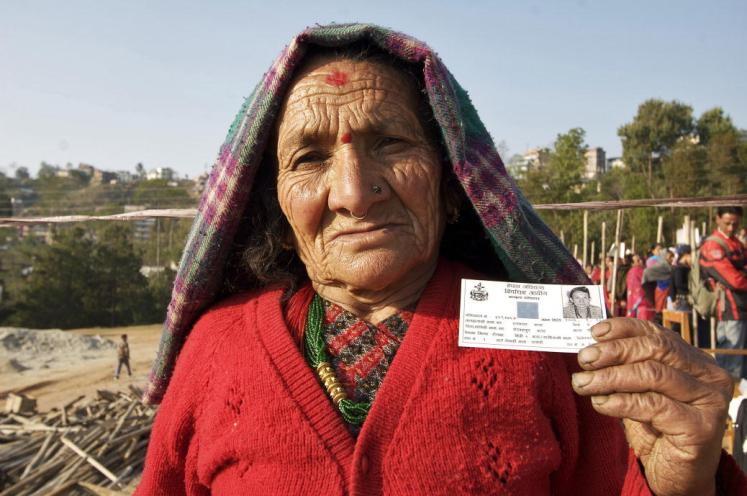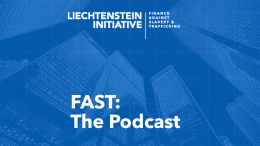This UNU-CPR policy brief, with support from the Freedom Fund, addresses a critical evidence gap in understanding whether, and if so how, a lack of official documentation can increase modern slavery risks.
For generations, many communities in Nepal – particularly migrant groups, women in cross-border marriages and marginalized populations – have faced systemic barriers to obtaining documentation. Bureaucratic hurdles, restrictive laws and deep-rooted social norms (mainly impacting women and children) deprive vulnerable individuals access to education, formal employment, financial services and legal protections, often pushing them into informal and exploitative work.
Efforts to address the lack of official documentation in Nepal have shown that community-led initiatives between civil society organizations and local governments can be highly effective in reducing vulnerabilities to modern slavery, for example, by providing interim identity solutions and access to justice.
These efforts not only provide essential documentation but also restore dignity and agency to people and families who have been excluded for generations. Access to interim identity documents enables individuals to enrol in schools, access healthcare and secure livelihoods, breaking down barriers that perpetuate poverty and abuse. These solutions are a testament to the importance of recognizing identity as a fundamental human right and a cornerstone of social and economic empowerment.
Recommendations provided in the policy brief include:
- Streamline the issuance of intermediary identity documents, particularly for those lacking complete documentation.
- Promote public awareness on birth registration and citizenship - with clear messaging on costs and economic benefits to encourage timely birth registration and citizenship applications.
- Advocate for supportive local government policies, including local policies that allow flexible birth registration and the issuance of interim identify documents.
- Foster multistakeholder collaboration, with community organizations, financial institutions and local governments.
- Empower vulnerable groups through targeted support, including financial assistance, free services and specialized support programmes.
Access "Bridging the Identity gap: Policy recommendations for improving documentation and reducing modern slavery risks in Nepal", available in English and Nepali.
Explore the lived experiences of people without documentation, vividly captured through comics by PositiveNegatives, available in English and Nepali.
Suggested citation: Heaven Crawley, Anita Ghimire and Angharad Smith. Bridging the identity gap : UNU-CPR, 2024.



